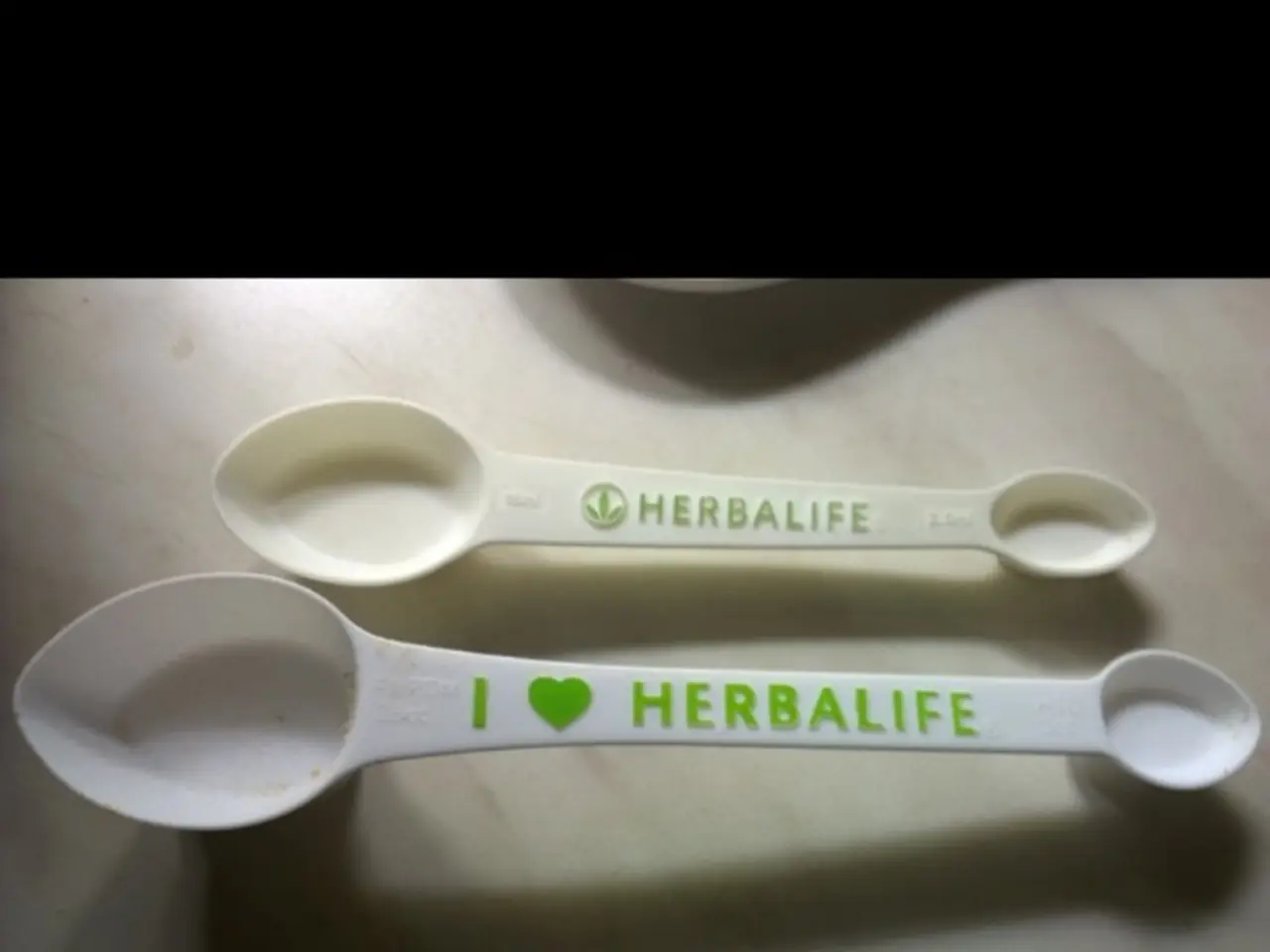Alternative Approaches for Fibroids: Nutrition, Herbal Therapies, and Lifestyle Adjustments
In the ongoing quest for effective treatments for uterine fibroids, a growing body of research suggests that natural remedies and dietary changes may offer some benefits. However, the current evidence remains limited and inconclusive when it comes to fibroid shrinkage or a cure.
### Key Points on Natural Treatments and Dietary Changes:
Lifestyle and Diet: Healthier lifestyle choices, including diet and exercise, may influence fibroid symptoms and possibly slow growth. Maintaining a moderate body weight through exercise is associated with a reduced risk of fibroids. While these changes may not cause fibroids to disappear, they can potentially support overall uterine health and symptom management.
Herbal Remedies and Supplements: Some herbal supplements like green tea extract, turmeric (curcumin), milk thistle, and dandelion root show early promise. Limited clinical studies suggest they might reduce fibroid size or ease symptoms. For instance, a 6-month trial found that 1.2g/day of turmeric’s active compound decreased fibroid volume by about 28%. However, clinical evidence remains sparse, and dosages are not yet standardized.
Safety Concerns: Natural treatments are not always safe or free from side effects. Herbal remedies can interact with medications or have unpredictable hormonal effects. It is crucial to consult healthcare professionals before using supplements to avoid interactions or side effects.
Stress Management: Stress can worsen fibroid symptoms. Natural stress reduction techniques like yoga, mindfulness, massage, and warm baths may help manage symptoms but do not directly reduce fibroids.
### Limitations and Medical Context:
While natural and dietary changes may support overall uterine health and symptom management, they do not replace medical treatments when fibroids cause significant symptoms or grow large. Non-surgical medical options such as Uterine Fibroid Embolization (UFE) have robust evidence and are uterus-preserving treatments that effectively reduce fibroid size and symptoms.
Hormonal treatments like selective progesterone receptor modulators (SPRMs) can shrink fibroids but have concerns regarding liver toxicity, and do not restore natural menstrual cycles.
### Summary:
Natural treatments including dietary changes, exercise, and certain herbal supplements may support symptom relief and potentially reduce fibroid size modestly. However, evidence is still emerging and not definitive for fibroid elimination. These approaches should be used cautiously and preferably under medical guidance to avoid interactions or side effects.
Proven medical treatments such as UFE remain the most reliable non-surgical options for significant fibroid reduction and symptom control. Thus, while lifestyle and natural therapies have some supportive evidence for managing uterine fibroids, they are currently considered adjuncts rather than standalone treatments.
It is important to note that alcohol, particularly beer, may have links with fibroids, but no association was found with caffeine. Scientists need to carry out more research on humans before natural remedies can be recommended for the management or treatment of fibroids.
Fibroids, also known as leiomyomas, are noncancerous tumors that can develop in the uterus. Birth control pills and progesterone-like treatments can help control heavy menstrual bleeding, but they do not shrink the fibroids. There are few studies to confirm whether changes in diet or using herbal remedies can help treat fibroids or prevent their development.
- Awareness of potential benefits from natural remedies and dietary changes in managing uterine fibroids is growing, although evidence remains limited for fibroid shrinkage or a cure.
- Practicing a healthy lifestyle, such as exercise for maintaining a moderate body weight, may influence fibroid symptoms and support overall uterine health.
- Some herbal supplements like green tea extract, turmeric (curcumin), milk thistle, and dandelion root may potentially reduce fibroid size or ease symptoms, but the clinical evidence remains sparse and dosages are not yet standardized.
- Natural treatments, while offering some support for symptom relief, do not replace medical treatments when fibroids cause significant symptoms or grow large.
- Along with other nutrition, health-and-wellness products, and fitness-and-exercise, stress management techniques like yoga, mindfulness, massage, and warm baths can help manage fibroid symptoms but do not directly reduce fibroids.




